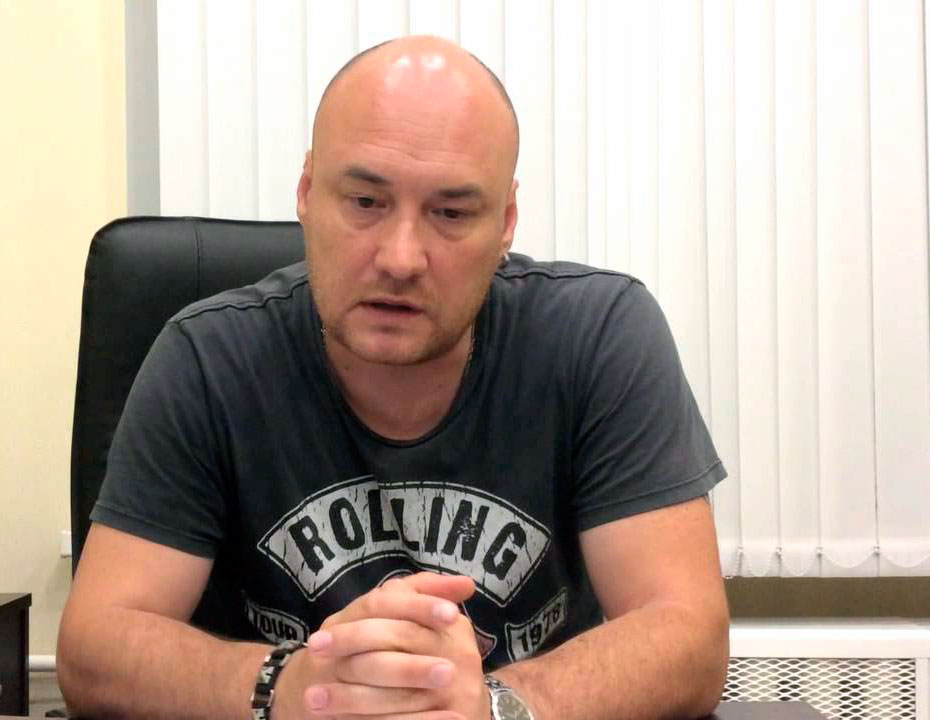Valiantsin Stefanovich comments on plans to prosecute Belarus mercenaries in Donbass
Interior Minister of Belarus Ihar Shunevich said when talking to reporters on November 19 that a number of Belarusians could face criminal charges for being involved in the Donbass war.
Deputy Head of the Human Rights Center "Viasna" Valiantsin Stefanovich has highlighted some aspects of mercenary activities from a legal perspective:
“Firstly, the fact of recruiting mercenaries is definitely a serious crime and is a problem on a global scale. It is a violation of the rules of war and international conventions on the rules of war. Mercenaries who fight solely for the purpose of obtaining material reward in different parts of the world are a treat that in some ways resembles terrorists and therefore virtually all countries of the world have responsibility for mercenarism. Mercenaries are not subject to the Geneva Convention on the status of prisoners of war.”
Valiantsin Stefanovich stresses that Belarusian legislation also provides for the responsibility both for the recruitment, training, financing and delivery of mercenaries (Article 132 of the Criminal Code) and for mercenary activities itself (Article 133 of the Criminal Code).
“Two mandatory elements are essential to determine the identity of a mercenary,” he says. “This should be a person involved in an armed conflict on the territory of foreign states in commands which are not part of the armed forces of the warring parties and act in order to obtain material reward.”
Referring to the situation in Ukraine and particularly statements by Ihar Shunevich, Valiantsin Stefanovich says it is vital to clarify the wording “part of the armed forces of the warring parties”.
“If, say, a person voluntarily joined the Ukrainian army, which is now involved in a military conflict, and Ukraine is the warring party, then the person shall not be considered a mercenary. If the same person is involved in armed groups, which are not part of the armed forces, here we can name the Donetsk People’s Republic and the Luhansk People’s Republic, which are not legally recognized by the Republic of Belarus, then, respectively, we can say that they do not have an army as it is, and Ukrainian legislation views them as illegal armed groups. Then such persons, if it is proven that they obtained material reward, will be viewed as mercenaries. Just like those fighting on the side of Ukraine in units that are not officially part of the Ministry of Defense or the Ministry of the Interior, or other similar structures. Formally, if they prove that such persons are being paid or have it as their purpose, it will be possible to view them as mercenaries and bring corresponding charges. As far as I know, the voluntary battalions Donbass, Azov and others are part of the Ministry of Defense or the Ministry of the Interior. As for the others, the Right Sector, for example, I cannot say anything for sure.”
The human rights activist says that the Criminal Code of Belarus does not explain in detail what financial reward is.
“It is clear that a soldier involved in a war is provided with food and equipment. It is difficult to say if this can be considers as a reward. And one more important aspect. If a person voluntarily joined the armed forces of a foreign state, and even if he or she is not a mercenary, according to the Belarusian Constitution and the Law on Citizenship of the Republic of Belarus, this may be a reason for the loss of Belarusian citizenship.”
According to estimates from various sources, between 100 and 150 Belarusian nationals are involved in the Donbass war.


















